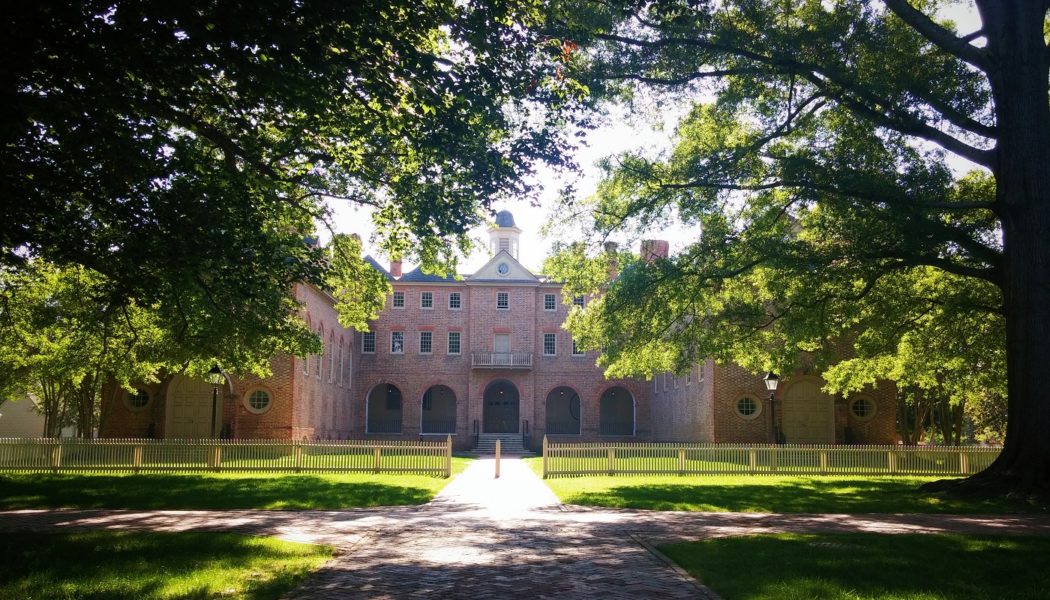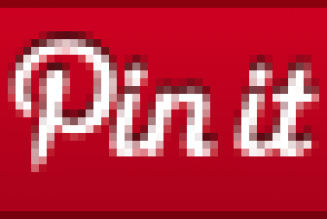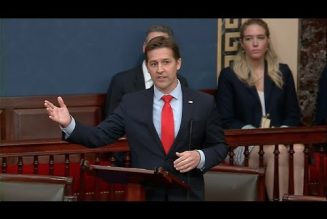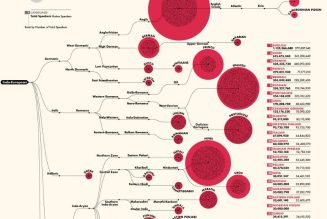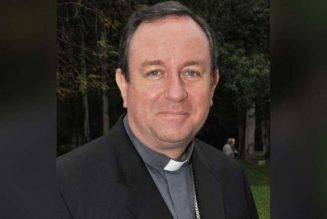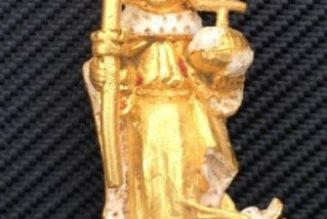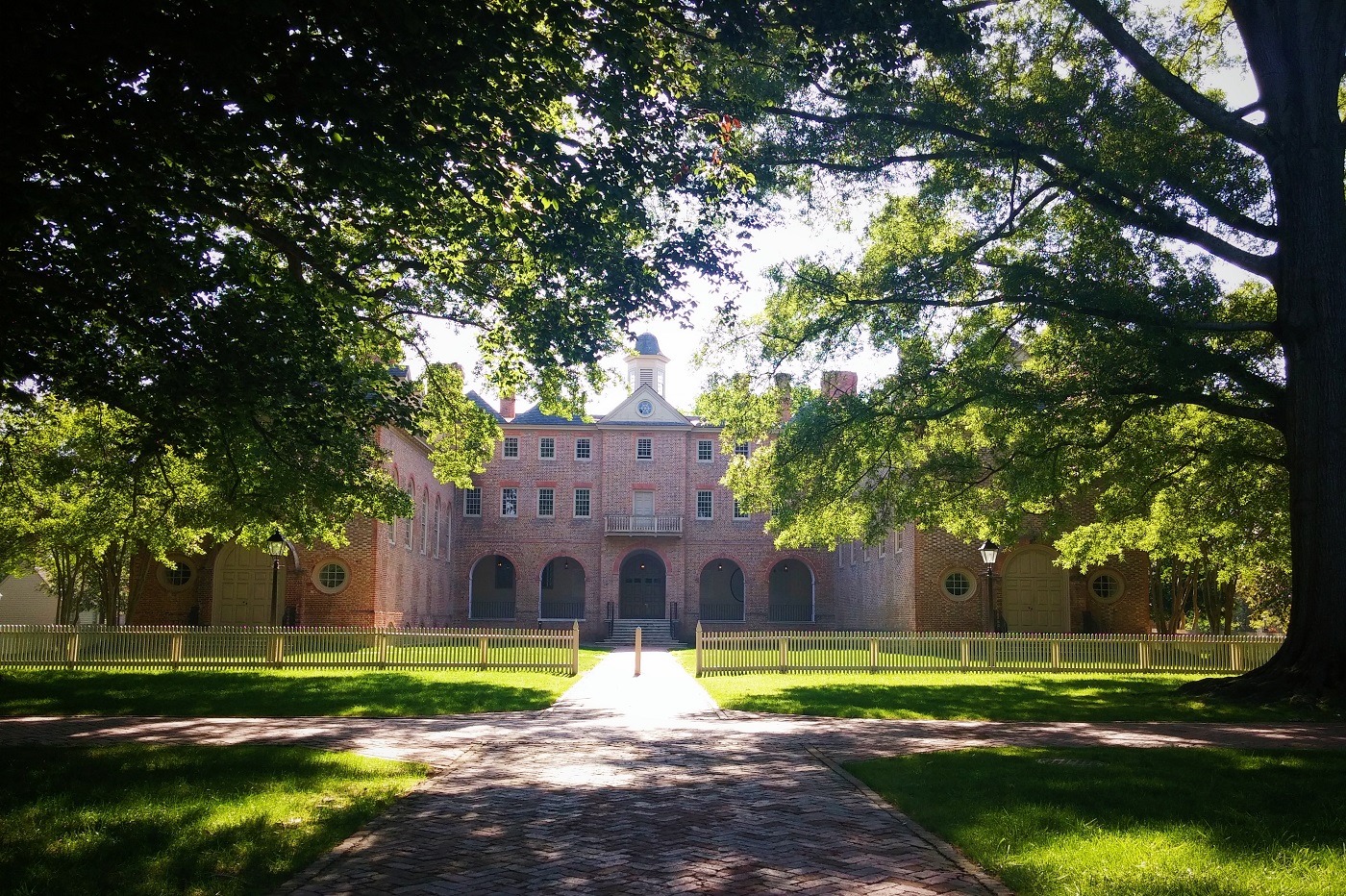
At the College of William & Mary, freshman orientation is a celebratory experience. Before classes begin, freshmen spend three or four days bonding with others in their residence halls, hearing from speakers, and taking part in training sessions on topics like diversity and sexual consent. The program is led by upperclassmen with the coveted position of Orientation Aide, who are chosen mainly to represent the spectrum of race, sexual orientation, and club involvement at William & Mary.
I experienced freshman orientation in August of 2018. As students in my freshman hall were introduced to one another, we were told by our orientation aides to share our preferred pronouns. As someone who believes there are two genders with only two valid sets of self-evident pronouns, I awkwardly left pronouns out of my own introduction. This was the first taste of the difficulty I would have navigating an orientation that clearly aimed at indoctrination—and a foretaste of the remainder of my college career.
In between cheers, chants, and welcoming speeches that I hardly remember, my freshman class heard presentations on difficult topics, followed by an opportunity to discuss among hall residents. These conversations were facilitated by our four orientation aides. The first topic I remember discussing was sexual consent. Rather than respect for human dignity and rejection of objectification, the point pushed by our speaker and our orientation aides was that any sex between consenting adults is valid and good. They taught that consent should be clear and vocal and that it can be revoked at any time, but as long as it falls under those rules, sex is a fun and routine part of the college experience. No space was created for disagreement over the appropriate context for sex. Many parts of this session left me feeling uncomfortable, as if my choice not to have casual sex in college was weird, and as if I was the only student who would make this choice.
The most disturbing part of the consent session to me was the small group discussion, in which we were asked to share our own thoughts and experiences. Before the session, our orientation aides took a blind vote of whether we wanted to split into groups of men and women. The majority, including me, voted to split. In response, the aides called all “female-identifying” students downstairs and all “male-identifying” students upstairs. I was dismayed by this language. There were reasons that the students, especially the female students, had voted to split by gender: namely, to create a smaller and more comfortable group in which to be vulnerable, sharing experiences and opinions. Some of those women might have been victimized or abused by men in the past. Allowing a “female-identifying” male into our conversation would have destroyed what was supposed to be a supportive conversation, undoubtedly curbing questions and silencing contributions. For a community fixated on “safe spaces,” and one that is right to acknowledge the need for safety and advocacy for survivors of sexual assault, the welcoming of men into a female discussion would defeat the purpose. Here again, identity and diversity politics squashed feeble attempts to educate and support.
I doubt that the option to split groups by gender is offered any longer during orientation. So many students, especially those in the years directly below me, now reject any binary notion of gender and identify as something other than male or female. Sadly, masculinity and femininity are denied. Along the way, the fact that women are more often physically and sexually victimized is quietly pushed to the side.
In a later assembly, freshmen were shown diversity performances infused with identity politics, after which we were encouraged, if not obligated, to snap our fingers in agreement. We saw some revealing performances, including a spoken word poem about the black experience at William & Mary (a school with a storied history tragically marred by racism). Sadly, these were largely overshadowed by the undisguised political and cultural agenda behind the whole event.
One performance in particular was conducted by a female who identified with a nonbinary gender. She danced in a way that demonstrated a person’s transition from one gender to another. I had sympathy for her feeling of disconnection from her true biological sex, but I could not support the falsehoods perpetuated by her performance. Sitting next to an orientation aide, I worried that she would notice I didn’t snap in affirmation of this performance, as every other student snapped in lockstep approval.
During our subsequent group discussion, we were each asked to share our reflections on the performances. One woman in the group broke down in tears. She explained that she was Catholic and that the Catholic Church rejects same-sex marriage; at the same time, she wanted to show love and acceptance to all people. In response, our aides told the freshmen that we do not have to accept all aspects of our religion. We can pick and choose what tenets to accept or reject.
Devout Christians, including me, mold their lives to the Word of God rather than picking some Bible verses and rejecting others. Essentially, the aides claimed that my religious “identity” was only acceptable if I dropped those teachings that contradict the prevailing identity dogma.
The final and most blatant indoctrination was in one of the last sessions, also centered around identity. The residents of my freshman hall sat in front of a presentation slide with a diagram of the least to most oppressed identities, divided by things like gender, religion, and sexual preference. The speaker proceeded to “teach” us how the chart worked. I can’t think of a more classic example of bias masquerading as fact. Later, I learned that some older friends of mine boycotted this session in protest of its ideas.
My snapshot of freshman orientation highlights some of the failures of higher education. Too many universities today no longer teach students how to think but what to think. Instead of a marketplace of ideas, campus has become an echo chamber of ideas. Diversity of opinion is no longer permitted, much less encouraged. But outspoken students (and faculty) can save the university by thoughtfully and deliberately making their voices heard. Disillusioned with the censorship and intolerance of student organizations and publications, my peers and I at William & Mary founded the Christopher Wren Journal, a paper that advocates free speech and uplifts previously silenced opinions.
If an unbridled quest for truth is to make any imprint on the modern university, it must come from a generation of strong, thoughtful students who are willing to swim against the current. Higher education today might mostly consist of the indoctrination introduced during my first days of freshman orientation, but students do not need to accept it as such. We must battle against so-called “progressive” ideologies that place autonomy above human value, and we must do so using reason, compassion, and a zeal for truth.
Join Our Telegram Group : Salvation & Prosperity
